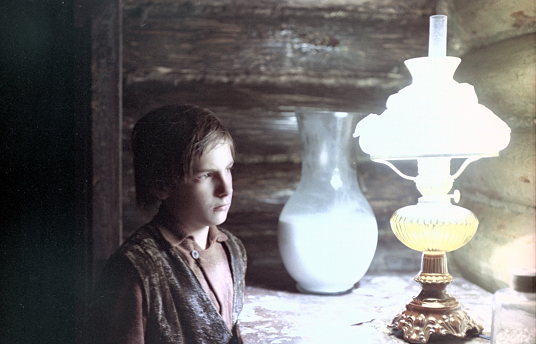Mirror (Zerkalo)
DFI Cinema

/ Feature Narrative / Russian Federation / 1975 / Colour and B&W
In Russian, Spanish / Arabic, English subtitles
N/A
Rated: Mature subject matter. Not suitable for minors. Individuals under the age of 18 are not admitted into cinemas.
- Come back soon to see screening dates
Synopsis
Andrei Tarkovsky’s ‘Mirror’, generally considered one of cinema’s masterworks, is an ethereal pastiche of significant moments in the life of a dying poet. The film jumps among three discrete time periods, when Alexei, the film’s narrator (although perhaps a more appropriate term here is ‘central consciousness’), is a child in the mid-1930s, an adolescent during World War II, and very ill in his forties. Over the course of the film, we are witness to Alexei’s memories and secondhand memories, dreams about his mother, newsreel footage of WWII and the Spanish Civil War and scenes of the present – all loosely drawn from Tarkovsky’s own experiences and centring on family relationships and the recent history of Russia.
In experiencing ‘Mirror’, we are acutely aware that here, Tarkovsky is more interested in generating mood than telling a conventional story. Within a non-linear narrative structure, the film employs an approach to cinematography that unpredictably mixes colour, sepia-tone and black-and-white footage; sublime mise-en-scène; and some of cinema’s most exquisite, stunning dream sequences. Poetry, written and read by the director’s father, washes over much of this in voiceover, resulting in a glowing, otherworldly object that seems to have been constructed according to the logic of dreams.